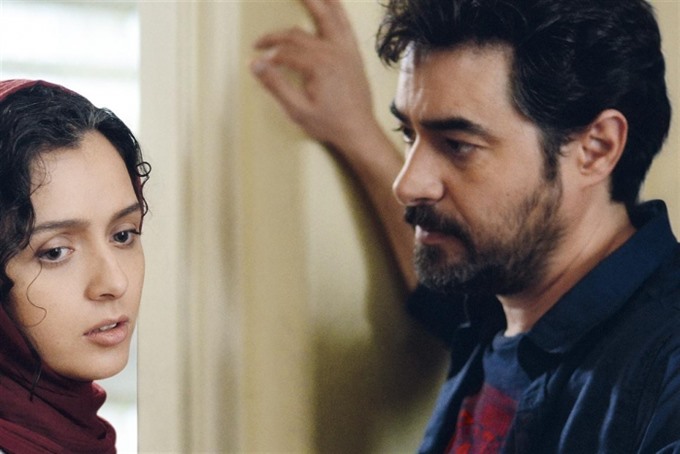 Life & Style
Life & Style

Iran is well-known for its exotic cinema industry, and its films received 516 awards at international film festivals in 2016. It is estimated that Iran wins 18 global film awards each week.
 |
| A scene in The Salesman presented during HANIFF. — Photo imdb.com |
HÀ NỘI — Iran is well-known for its exotic cinema industry, and its films received 516 awards at international film festivals in 2016. It is estimated that Iran wins 18 global film awards each week.
Ngô Phương Lan, head of the Cinema Department, revealed the statistics during a conference on “Experiences of Iranian Cinema in Gaining International Success” held yesterday in the framework of the Hà Nội International Film Festival 2018 (HANIFF).
“Apart from this impressive success at film festivals, we respect Iranian cinema thanks to its identity, one of the few in the world which is not influenced by Hollywood,” said Lan.
“We expect that through the conference, filmmakers from the two countries will have a chance to exchange and learn from each other,” she said.
“With attractive, emotional and humane films, Iranian filmmakers bring the world to their country and introduce Iran to the world convincingly. The Iranian film series at HANIFF is a colourful painting about Iran that will lead the audience to the country.”
In the Iranian Cinema in Focus programme at HANIFF, audiences had a chance to enjoy outstanding films including The Home directed by Asghar Yousefinejad, Taste of Cherry by Abbas Kiarostami, The Salesman by Asghar Farhadi, A Special Day by Homayoun Asadian, The While Balloon by Jafar Panahi, Kupal by Kazem Mollaie, Reza by Alireza Motamedi and Invasion by Shahram Mokri.
The While Balloon, Taste of Cherry and The Salesman won the Camera d’Or at Cannes 1995, Palm d’Or at Cannes 1997, and Best Screenplay and Best Actor at Cannes 2016, respectively.
Lan added that the Iranian entries being screened at HANIFF were lively proof that they attracted viewers with good stories that always made us think, not special effects or high-tech filmmaking.
Philip Cheah, former director of the Singapore International Film Festival, said Iran seemed to be an isolated country in global terms, but was important to all of us in terms of cinema.
“When we look at the chart of international film festivals, the top 10 always has at least one Iranian film,” he said.
“Through the stories told in the films, viewers can understand the culture, beliefs and social life of Iran.”
Attending the conference, director Rouhollah Hejazi said Việt Nam was always a country that he’d wanted to visit.
“This is the first time I’ve visited Việt Nam. I’ve seen nice and kind people, as well as the beautiful country.”
He said he was grateful to have a chance to attend HANIFF and introduce the Iranian cinema industry.
“We are happy that HANIFF has hosted a conference about Iranian cinema and the Iranian Cinema in Focus programme,” he said.
“There is a similar cliche between Iran and Việt Nam. While people in Western countries just know about Việt Nam as a country of war and forests, people think Iran is just a dessert. Of course we are not.”
“In Iran, all people are philosophers. From old men to little kids, they can talk about politics, culture, global troubles and social issues because they have a responsibility for the country they are living in. They also care about problems in the world.”
“Iranian films are about our lives. They reflect something modest, simple and truthful about life. Maybe it’s the key to our success.” — VNS




